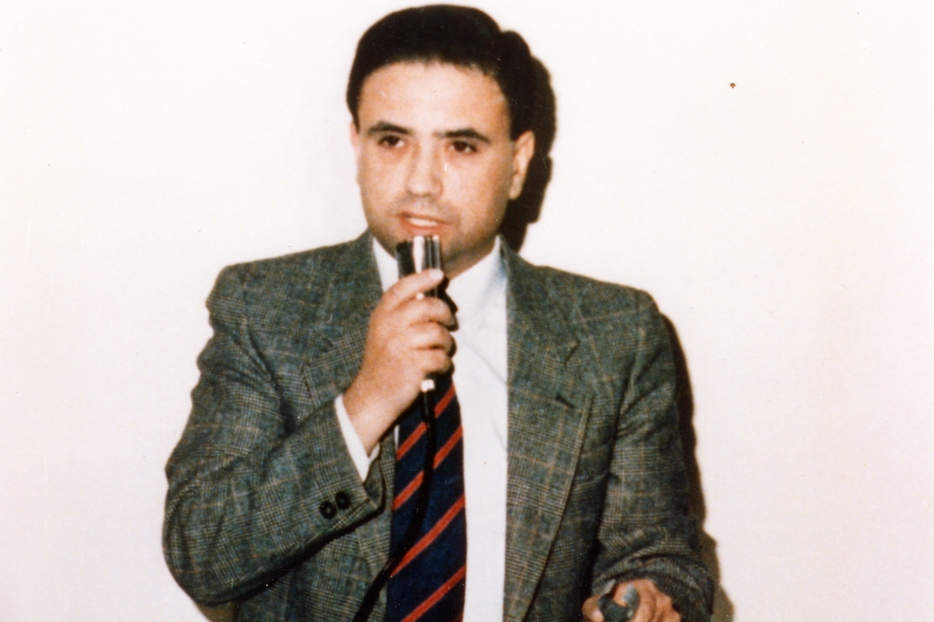
[ad_1]

Rosario Angelo Livatino – Still
The Servant of God will be blessed Rosario Angelo Livatino, the magistrate murdered “out of hatred of the faith”, September 21, 1990. The Pope authorized the Congregation for the Causes of Saints to promulgate the decree recognizing his martyrdom. The promulgation of decrees recognizing the heroic virtues of the other 7 Servants of God is also authorized: Vasco de Quiroga, Bernardino Piccinelli (born Dino), Antonio Vincenzo González Suárez, Antonio Seghezzi, Bernardo Antonini, Ignazio Stuchlý, Rosa Staltari.
Youth in the parish, Confirmation at 35
Born in Canicattì (Agrigento) on October 3, 1952, Livatino graduated in Law in Palermo and in 1978 entered the judiciary. “From his youth – read the statement from the Holy See – he participated in Catholic Action and frequented the parish, where he held legal and pastoral conversations, gave his own contribution in marriage preparation courses and participated in meetings organized by Catholic associations. as Magistrate he continued to live the experience of the parish community “. And in 1988″ at the age of 35, after having regularly attended the preparation course, he wanted to receive the sacrament of Confirmation. ”
The mafia war, ambush and martyrdom
“In those years in Canicattì and throughout the Agrigento area the social situation was shaken by a real ‘war’ of the mafia, which pitted the emerging clans (called Stiddari) against the Cosa Nostra, whose local godfather was Giuseppe Di Caro, who lived in the same building as the Servant of God. ”
“On September 21, 1990, the Servant of God was killed in an ambush on state highway 640 that goes from Canicattì to Agrigento, while traveling alone, by car, to go to the Court, where he worked.”
La Cosa Nostra called him “the saint”
“The motivation that pushed the gangsters of Palma di Montechiaro and Canicattì to beat the Servant of God – continues the note – was their recognized moral rectitude in the exercise of justice, rooted in faith. During the criminal process it was learned that The provincial head of Cosa Nostra Giuseppe Di Caro, who lived in the same building as the Servant of God, described him with contempt for his frequenting of the Church. By persecutors, the Servant of God was considered inaccessible, irreducible to attempts of corruption. Reason for being a practicing Catholic. From the testimonies, also of the instigator of the murder, and from the trial documents it is clear that the aversion towards him was unequivocally attributable toI hate the faith. Initially, the rectors had planned the ambush in front of the church where the Magistrate made a daily visit to the Blessed Sacrament ”.
“The fame of martyrdom of the Servant of God continues to this day and is accompanied by a certain fame of signs.”
[ad_2]